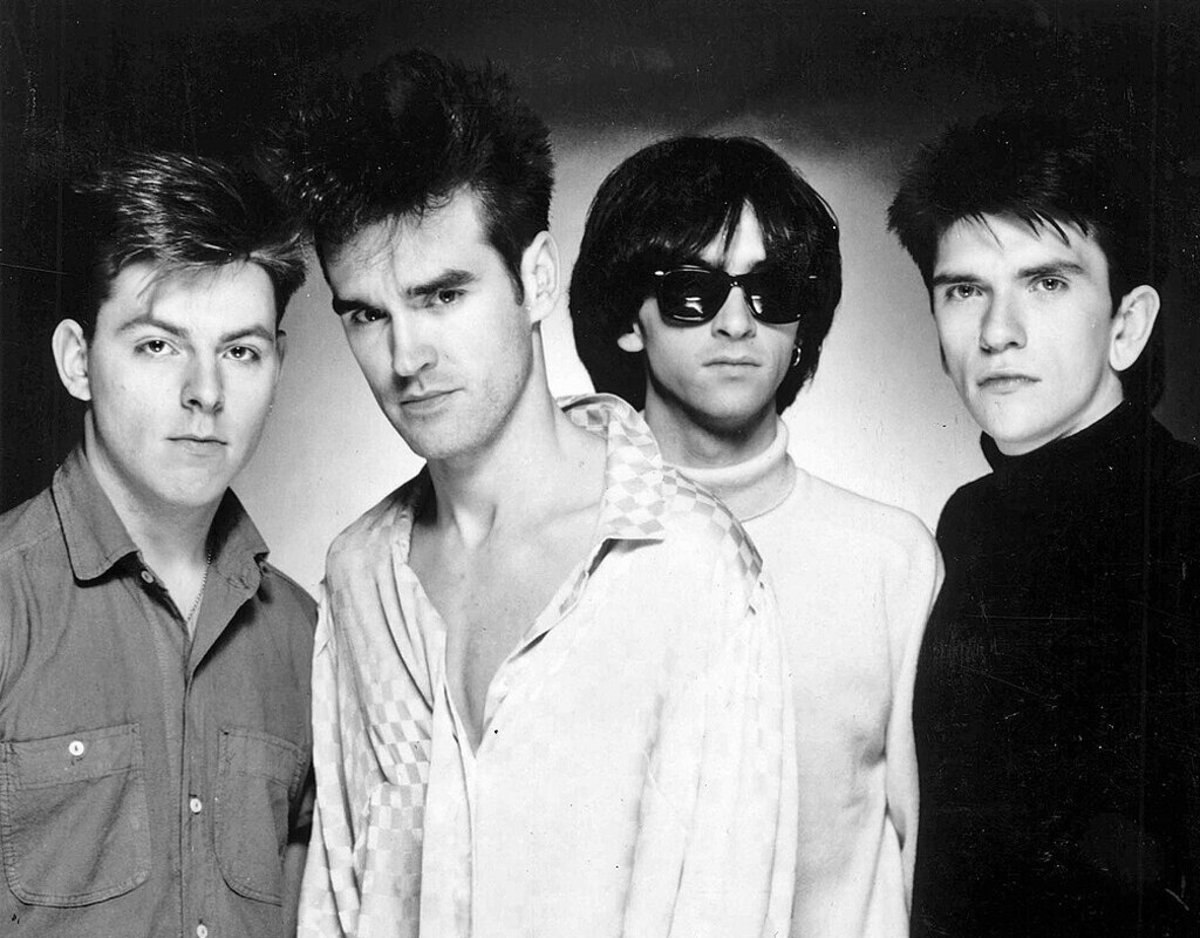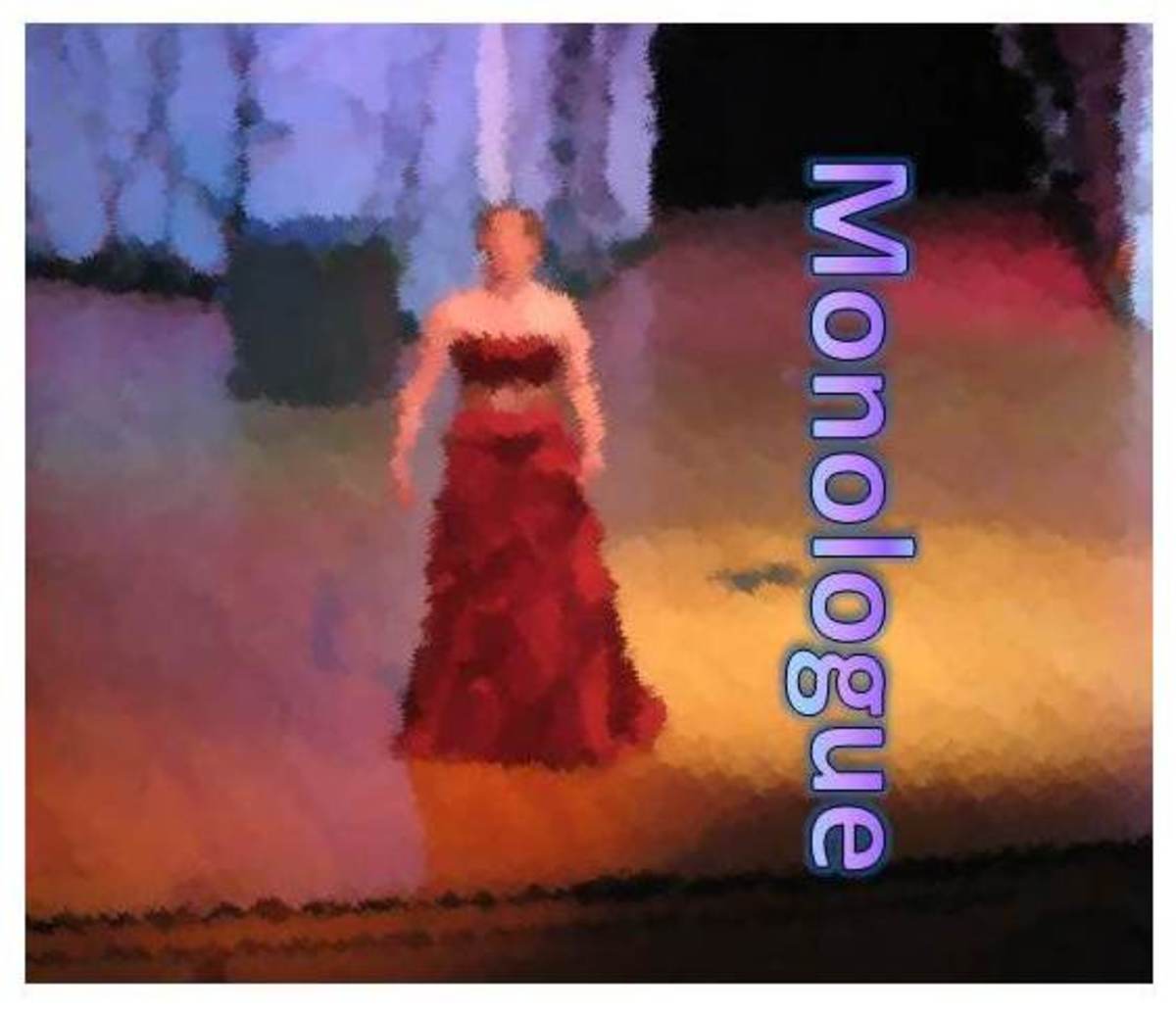Preparing for Your First Musical Audition

Tips and Tricks for Acing Your Musical Theater Audition and Getting the Role
Whether you acted in high school or this is your first time on the stage, your first real stage audition is the first impression that can either leave a casting director wanting more, or cutting your audition piece short and moving onto the next actor. Even if you're the most talented person in the room, there's several tips you need to keep in mind from the moment you walk into the theater until you've finished your audition and have been dismissed.
Leave a Good Impression On and Off the Stage
That person you were rude or unfriendly to in the lobby or parking lot of a theater may just end up being the musical director, choreographer or director for the show you're auditioning for. While talent and looks make up the larger percentage of what a casting panel is looking for, your personality off the stage can sway a decision in your favor during callbacks if you're up against someone of similar talent levels for the same role. Smile, use manners, respect other actors auditioning by staying off your phone if the audition is open. It's these little things that get noticed and may make the difference between getting cast or getting passed over.
Prepare Your Rehearsal Pianist Introduction
Most auditions give you a very short amount of time to give the accompanist your music. You'll need to use this time wisely to get as much clear information across as possible so that the accompanist can play the way you'd like them to. Know your tempo. Don't be afraid to softly snap the tempo and softly sing a few bars of the song, especially if there's a specific groove you're trying to get across. If the tempo changes, go over those areas as well. This does not give you permission to snap tempos during your actual audition if the accompanist is not going fast enough for you.
Prepare Your Music
Prepare a cut that makes sense and fits under the time asked for in the audition notice. However, you should have the full piece with you in case the casting panel wants to hear more of it. You should also bring a second contrasting cut as it's not uncommon for directors to ask if you have anything else prepared you could sing so they can see more from you. This is a good thing! Be prepared for it.
Music should be in a binder printed front and back, never one sided unless your cut is only one or two pages long. Use slightly heavier weight paper for easier page turning. Clearly mark in both pen and highlighter where your cut starts and ends without covering notes or music markings. If it skips measures, mark clearly where you're ending one portion as well as where you're starting the next. Make sure that no parts of the music got cut off while photo copying your piece. The easier you make it for your accompanist, the better off you'll be.
Choose songs with 3 or less accidentals (flats or sharps) whenever possible. Unless it's a very popular song, most audition pianists are sight reading. Once again, the easier you make it on them, the better they'll be able to play for you.
Show Your Best
An audition is not the time to "wing it" with a new piece you haven't worked much on, or to pull out a piece that "most of the time" you're able to hit the highest or lowest notes. Pick something you know you can consistently show your voice at its best.
Choosing the Right Song
Look at the casting notice carefully when preparing for an audition. Find musicals that are similar to what you're auditioning for and pick a song in a similar range to the part you're auditioning for. A firm rule is to never audition for a musical with a song from the musical itself. Look for new songs or less performed musicals if possible. Casting panels always know what musicals are the most popular as they'll hear the same songs 5 or 6 times from different people. Unless you know you can sing the song better than anyone else, avoid it.
Show Emotion
Don't just park and bark with a blank face and closed eyes. Think about what you're singing about. Your vocal audition is not just about how well you can sing, but how you're able to sell what you're singing. Make the casting panel feel something. However, find a balance. You don't need a fully choreographed routine. Move around the stage only if it improves your audition. Every movement should have purpose.
Use a Professional Slate
A slate is your introduction, telling the casting panel who you are, what song you're going to be singing and what it's from or who wrote it. Practice your slate before your audition so that it's clean and clear. Remember, just as important as your slate is thanking the panel at the end of your song.
Hang in There
There are certain elements of an audition you don't have full control over. Your accompanist might mess up, might miss a jump in the cut, may start to slow, too fast, or play the wrong rhythms. Anything can happen. If the tempo is off, keep going. Don't stop and correct the accompanist for small things. However, if you get significantly off from the accompanist, politely stop the audition, ask the casting panel if it's okay if you go back to the cut so that your back with the piano part, respectfully walk to the accompanist and verify what happened and help if needed, and start again. Never blame or call out the accompanist. Musicals are live. Showing you can handle hiccups without exploding only helps your case.
Don't Make Excuses
If you're getting over a cold, don't tell the audition panel. Most of the time, you're probably the only one that noticed. The same goes for if you messed up words or had other problems with the music. Professionalism is key. Also, unlike the scene in your favorite television show or movie, coming back in after you've been cut from an audition and asking to sing again rarely does more than make it awkward for yourself and the casting panel, something they will remember if they see you at auditions in the future.
People Talk
Remember that in most cities, directors, musical directors, choreographers and other casting staff talk with each other and are within a small group. Just because you didn't get cast doesn't mean that your audition wasn't good or didn't matter. Each audition gives you a chance to form who you are in the eyes of the artistic community. They may remember your past audition in future auditions and actually cast you based off the former, or may recommend you to other directors for other productions. Even more reason to act professional before, during and after your audition.

© 2017 Chris Sherwood








